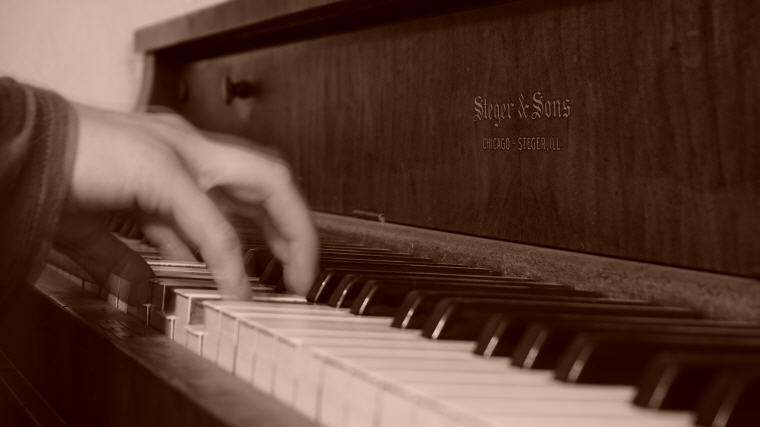– Malcolm Gladwell, Outliers
_____________________________________
How do you usually react whenever someone tells you that it is impossible to achieve something? It has been a while since someone has said that to me with absolute certainty; it was as if his fate had been cast in stone and nothing could be done to change it. Fortunately, I was not prepared to give up on him yet. I asked him, “How hard are you willing to work? Are you willing to go through the 10,000 hours?”
I first chanced upon this 10,000-hour rule from Malcolm Gladwell’s book ‘Outliers‘ where a comparison was made of the hours of practice for violinists between elite performers, merely good students and future music teachers. It was found,
“… by the age of twenty, the elite performers had each totaled ten thousand hours of practice where else by contrast, the merely good students had totaled eight thousand hours, and the future music teachers had totaled just over four thousand hours.“
Similar pattern was observed between amateur pianists and professional pianists. Then came the idea that could there be a critical minimum level of practice for excellence? From the book, researchers have settled on what they believe is the magic number for true expertise: ten thousand hours. ” The emerging picture from studies is that ten thousand hours of practice is required to achieve the level of mastery associated with being a world class expert – in anything,” writes the neurologist Daniel Levitin.
It was stated in the book that there is not a case found yet which true world class expertise was accomplished in less time. The question now is, “Are we willing to go through the 10,000-hour rule to become an expert in what we want to do?” Maybe we could argue that we are not aiming to become an expert in a particular field, like to be a professional golfer, to be a renown mathematician, to be a world class pianist etc, so we need not go through the 10,000-hour rule. Indeed, one doesn’t have to go through that many hours of practice if one just takes playing the piano as a hobby.
However, if we do want to be good in golf, then we must practice more. As the saying goes, “Practice makes perfect.” I do not agree with that actually but I do believe that practice makes better; with practice, we will surely get better with what we are doing. If I want to be better in golf and to enjoy the game more, then I just have to play more often and practice more. The next time before we say with absolute certainty that it is impossible for me to be good in golf or in anything we want to be, we must first ask ourselves, if we are willing to go through at least part of the 10,000 hours to be better.
Perhaps we could also argue, “Professional golfer, world class musician etc, they were all born with special talent and ability to be good in what they are doing!” Quoting something from Albert Einstein, “Genius is 1% talent and 99% percent hard work.” Whether we like it or not, that is the cold hard fact; even if we were born with a special talent, but if we do not develop it with practice and hard work, then we would amount to nothing.
The next time before we say ‘impossible,’ again, let us look deeply and be honest with ourselves, “Is it really impossible?”
- Letting Go of Confusion Let Go and Trust - May 9, 2024
- Lose All the Cryptos in Your MetaMask Wallet to Crypto Scams - September 11, 2023
- 8 Fruits that may Help Us to Lose Weight - July 14, 2023

Hi BK .. so right .. we are as humans lazy as we can usually get away with it – and mediocre is acceptable – not good enough.
Your previous post: Korea’s Got Talent – exemplifies this exactly .. how hard did that chap work and what a brilliant voice ..
Have you any feedback on what he’s doing now, etc etc ?
Cheers Hilary
@ Hilary, from what I had seen is a friend’s posting, he is already in the semi-final.
I hate that word “impossible” because nothing really is if you put 100% of yourself into something u’ll be successful
@ Ella, I agree with you totally that everything is possible if we put 100% of ourselves into it.
If we love what we’re doing the 10,000 hrs will come naturally too
@ Tahlia, indeed, if we love what we’re doing, the 10,000 hrs will come naturally.